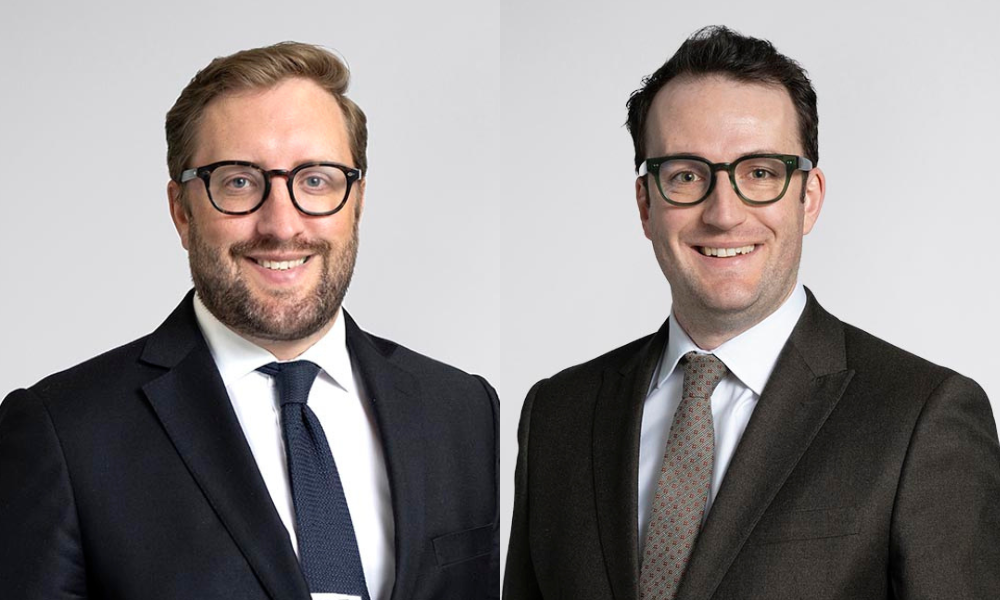Union fails to prove Air NZ breached agreement over free breakfast

The Employment Relations Authority has ruled against the Flight Attendants Association of New Zealand (FAA) in its case over Air New Zealand and free breakfasts.
The ERA ruled in favour of Air NZ citing the interpretation and application of provisions about free-of-charge breakfasts in the parties' Strategic Partnership Memorandum of Understanding (SPMoU).
"FAA has not established Air NZ breached its commitments made in the SPMoU or failed to act in good faith in addressing concerns that arose," the ERA said in its ruling.
FAA had accused Air NZ of breaching its SMPoU, which the union said required the airline to pay for cabin crew's free hotel breakfast while on duty overseas. According to the FAA, Air NZ breached the employment agreement providing members with free breakfast at "only some of those hotels."
Air NZ denies accusations
But the airline denied that there was any term of employment saying it must provide free breakfasts. According to Air NZ, it complied with an undertaking given in the SPMoU to "do its best to get overseas hotels to provide FAA members with a 'free of charge' (FOC) breakfasts."
It added that it later provided all cabin crew, regardless of union membership, FOC breakfasts as a matter of fair treatment among Air NZ flight attendants.
On the advisory of no FOC breakfasts, Air NZ said it implemented the move after it found that it was being charged an additional cost for breakfasts at some existing locations. Evidence presented to the ERA revealed that the company was charged between $25 and $60 per crew member for breakfast, with an annual cost of around $1 million.
Air NZ said it never intended nor agreed to incur additional costs, adding that it kept providing breakfast at 10 existing locations while a review of its allowance structure was carried out.
ERA decision
The ERA said the SPMoU is not an employment agreement because it is "not a contract for service" between an employer and employee.
"Neither is the SPMoU a collective agreement in its own right," the ERA said. "It did not contain a coverage clause. It was agreed to be effective for six years, longer than the maximum of three years permitted for a collective agreement. It also, most importantly, did not require any form of ratification by FAA members before it was binding on FAA."
It also sided with Air NZ in its interpretation of providing FOC breakfast to cabin crew employees, where the hotel would shoulder the cost of providing free breakfast so it would be FOC to both the airline and the flight attendant.
According to the ERA, it was "highly unlikely" that Air NZ representatives would agree to increase costs by committing to spend more on cabin crew meals at the time it faced "significant financial risks" during the pandemic.






